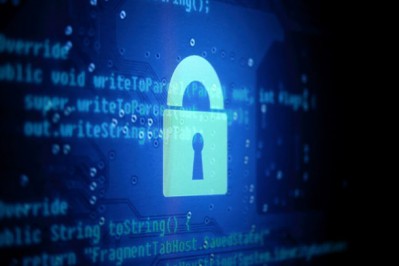Read this article in Spanish here.
Whilst freedom of expression is a fundamental right for which to fight, the struggle against restrictions and limitations is not without complications. Journalists who exercise this right are often putting themselves in danger and certain systems, such as the Right to be Forgotten, may contradict the right of individual.
ROOSTERGNN had the opportunity to interview Guy Berger, the Director for Freedom of Expression and Media Development at UNESCO, regarding the preservation of freedom of expression, specifically in conjunction with privacy, and the link with the media.
What role does UNESCO play in ensuring freedom of expression?
Guy Berger: As the agency with the remit in the UN system to focus on this issue, we promote free expression through many actions. These include organizing worldwide events on 3 May World Pess Freedom Day, and on 2 November, International Day to End Impunity for Crimes Against Journalists. They include media law reform in transitional countries like Myanmar, and support for journalism education worldwide.
Anyone interested can look at more detail in our recent publication World Trends in Freedom of Expression and Media Development.
The theme for World Press Freedom Day this year was Media Freedom for a Better Future. What was the outcome of the debate?
The Paris Declaration linked freedom of expression as a right, to the instrumental value of this right for societal development. This is important at a time when the world is looking towards updating the Millennium Development Goals (MDGs). The challenge is to persuade people that free expression is not a luxury, but integral to defining and ensuring optimum development for any society.
Who should be responsible for ensuring freedom of expression?
Governments have primary responsibility to respect, protect and promote rights such as free expression. But other also have a key role to play. Individuals need to cherish and defend this fundamental right. Journalists should be exemplars of using free expression to inform publics. Internet companies dealing with expression should be guided by the international standard that any limitation of content should be an exception, and that this also needs to be transparent, necessary, proportional and for legitimate purpose.
How can the safety of journalists and media workers be protected whilst ensuring freedom of expression?
All who contribute to journalism are serving society with quality information, and yet they often face threats and other dangers. The media should report more about this, and especially the lack of justice for journalists. Of 430 journalists killed between 2007 and 2012, in only 7 cases have the killers been brought to book. This situation inspired the UN to declare 2 November as an annual day “to end impunity for crimes against journalists”, which is an occasion for everyone to highlight safety issues.
Do you think the Right to be Forgotten regarding Google recently ruled by the European Court of Justice clashes with freedom of expression? What do you see as the boundary between freedom of expression and privacy?
UN Special Rapporteur on freedom of expression and opinion, Frank la Rue has said: “Privacy and freedom of expression are interlinked and mutually dependent; an infringement upon one can be both the cause and consequence of an infringement upon the other.” In cases that need reconciling two rights, public interest should be the criterion. The balance struck in the recent case should not necessarily be taken as applicable to every other case where tensions arise.
Are there any restrictions on freedom of expression that are acceptable?
International law specifies that rights are the norm, and that restrictions are the exception. Further, to be legitimate, any restrictions must be based on law, be necessary in a democracy, and be proportionate. They also need to be for legitimate purpose, which in addition need to be narrowly defined – like limitations for the reason of respecting other rights (for instance, in cases that deter or punish defamation). Another legitimate limit that also needs narrow defining in terms of necessity and proportionality is public safety (for instance, restrictions on incitement to violence). In all cases, limitations should be transparent and offer recourse for unjustified applications.

